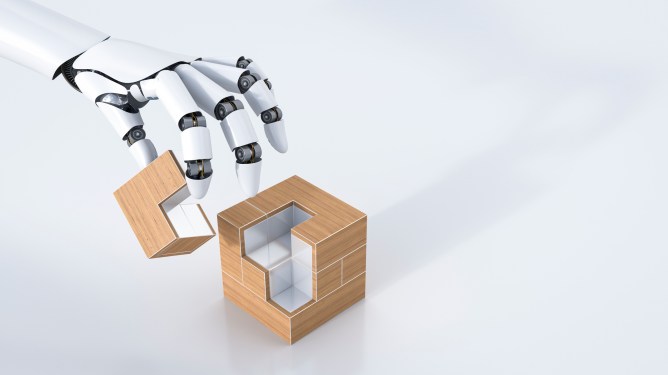Periodic Labs emerged from stealth on Tuesday with a substantial three hundred million dollar seed round. The funding is backed by a prominent group from the tech industry, including Andreessen Horowitz, DST, Nvidia, Accel, Elad Gil, Jeff Dean, Eric Schmidt, and Jeff Bezos.
The company was founded by Ekin Dogus Cubuk and Liam Fedus. Cubuk previously led the materials and chemistry team at Google Brain and DeepMind. There, he worked on projects like an AI tool called GNoME, which discovered over two million new crystals in 2023. Researchers believe these materials could one day power new generations of technology.
Fedus is a former Vice President of Research at OpenAI and was one of the researchers who helped create ChatGPT. He also led the team that developed the first trillion-parameter neural network.
The small team at Periodic Labs is filled with researchers who have worked on other major AI and materials science projects. Their experience ranges from building OpenAI’s agent Operator to working on Microsoft’s MatterGen, an LLM for materials science discovery.
The stated goal of Periodic Labs is to automate scientific discovery by creating AI scientists. This involves building laboratories where robots conduct physical experiments, collect data, iterate on their methods, and try again, learning and improving throughout the process.
The lab’s first objective is to invent new superconductors that perform better and potentially require less energy than existing materials. The well-funded startup also hopes to discover other new materials.
Another key goal is to collect all the physical world data that its AI scientists generate. This data comes from processes where the AI mixes, heats, and manipulates various powders and raw materials in its search for new discoveries.
The company states that until now, scientific AI advances have come from models trained on internet data. It argues that large language models have exhausted the internet as a usable source. At Periodic, they are building the AI scientists and the autonomous laboratories for them to operate.
The hope is that these labs will not only invent next-generation materials but also produce invaluable fresh data. This new data can then be consumed by AI models to continue their own evolution.
While this is one of the most impressive groups of researchers to assemble for this purpose, it is not the only one working on AI scientists. The use of AI to automate chemistry discoveries has been a topic of academic research since at least 2023. It is also the pursuit of smaller startups like Tetsuwan Scientific, as well as non-profits like Future House and the University of Toronto’s Acceleration Consortium.

